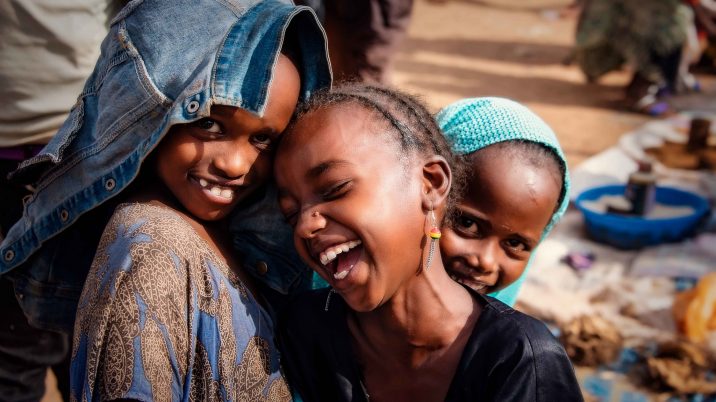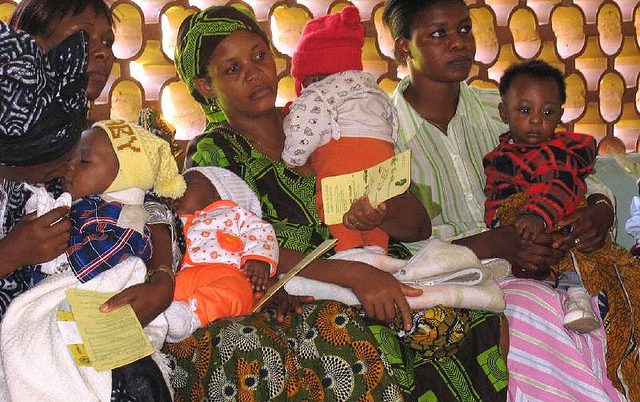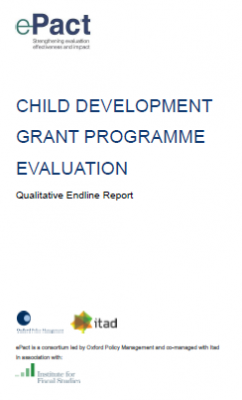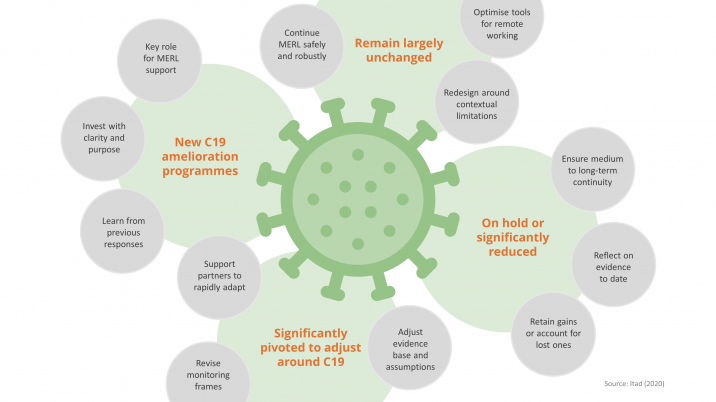Nutrition
Malnutrition is a global challenge. With around 20 million babies born underweight each year, a third of reproductive-age women anaemic and 39% of the world’s adults overweight or obese, it is a universal problem, that indiscriminately affects all geographies, age groups, wealth groups and sexes.
All forms of malnutrition are associated with ill health, mortality, and social and economic problems. It holds back development globally with unacceptable human consequences, costing billions of dollars a year, and imposing human capital costs – direct and indirect – on individuals, families and nations.
We provide support to both nutrition-specific and nutrition-sensitive programmes to help understand what works and why within the complex causes of malnutrition across food, social, living, and health environments and within cultural, policy and economic contexts.

Independent Evaluation of the UNICEF Ethiopia, Adolescent Nutrition Wash Education Joint Programme
Across the world, it is now recognised that adolescence is an important second window of opportunity for physical and...
Impact Evaluation of a Programme to Accelerate Improved Nutrition for the Extreme Poor in Bangladesh
Rates of malnutrition in Bangladesh are among the highest in the world. The ‘DFID Programme to Accelerate Improved Nutrition...

Independent Evaluation of the Child Development Grant in Northern Nigeria
Malnutrition is endemic in Northern Nigeria and has complex inter-related causes associated with food security, caring...

A Mixed-Method Impact Evaluation Design of a Mobile Phone Application for Nutrition Service Delivery in Indonesia
Child under-nutrition remains one of the most devastating realities in many parts of the world. The use of mobile phone...
Publications

Evaluation of Bangladesh WFP Country Strategic Plan 2016 – 2019
This evaluation was commissioned to provide evaluative evidence for accountability and learning to inform the design of the...

Evaluation of the World Food Programme Gender Policy (2015-2020)
The WFP (World Food Programme) Gender Policy (2015-2020) was approved in May 2015. The evaluation provides evidence, analysis...

Child Development Grant Programme Evaluation Qualitative Endline Report
This report presents the findings of the third and final (endline) round of qualitative fieldwork for the evaluation of the...

Millennium Villages Project Briefing Paper No. 7: What was the impact on agriculture?
This Briefing Paper is the seventh in a series to communicate key points from the independent impact evaluation of the...
Blogs and news

Shaping organisational change for more effective philanthropy
An Itad evaluation conducted in partnership with global philanthropic organisation Porticus, led to organisational changes for...

World Food Programme publishes Bangladesh Country Strategic Plan evaluation
The World Food Programme (WFP) has published the Final Report from Itad’s Bangladesh Country Strategic Plan (2016-2020)...

Continuing results in development:
the importance of evidence during COVID-19
The COVID-19 (C19) pandemic has had profound effects on lives around the world and will continue to do so for years, if not...

Is my social protection programme ‘shock-responsive’ or ‘adaptive’?
What is adaptive social protection? How does it differ from shock responsive social protection? Why does it matter? These were...

